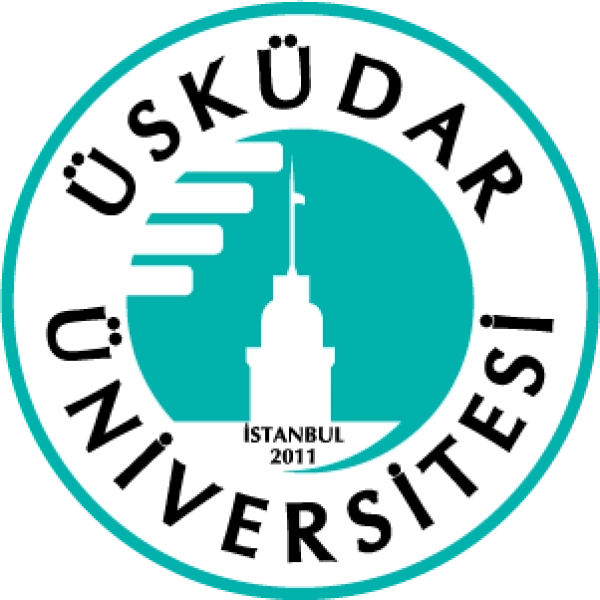College: Graduate School of Health Sciences
This program prepares students to work in the field of addiction counseling and rehabilitation, focusing on the treatment and support of individuals suffering from substance abuse and behavioral addictions. Students develop practical counseling skills, theoretical knowledge, and intervention techniques to assist clients on their recovery journey. Graduates are equipped for roles in rehabilitation centers, addiction treatment facilities, community health organizations, and private practices.
Learning Objectives:
- Understand the fundamentals of addiction, its causes, and treatment methods.
- Develop skills in addiction assessment, diagnosis, and treatment planning.
- Learn techniques for individual and group counseling, motivational interviewing, and relapse prevention.
- Explore principles of pharmacology, ethical practices, and cultural competence in addiction treatment.
- Analyze challenges and opportunities in addiction rehabilitation and recovery.
- Develop empathy, communication, and problem-solving skills for effective addiction counseling.
Main Outline:
- Introduction to Addiction Counseling and Rehabilitation
- Overview of key concepts and industry trends in addiction treatment.
- Fundamentals of addiction, its causes, and treatment methods.
- Assessment and Diagnosis of Addiction
- Principles of addiction assessment and diagnosis.
- Techniques for conducting comprehensive addiction assessments.
- Pharmacology of Addiction
- Basics of pharmacology in addiction treatment.
- Techniques for understanding and managing medication-assisted treatments.
- Counseling Techniques for Addiction
- Principles of counseling techniques specific to addiction treatment.
- Techniques for conducting individual and group counseling sessions.
- Motivational Interviewing
- Basics of motivational interviewing and its application in addiction treatment.
- Techniques to enhance client motivation and engagement in therapy.
- Relapse Prevention
- Principles of relapse prevention and management.
- Techniques for developing and implementing relapse prevention plans.
- Ethical and Legal Issues in Addiction Treatment
- Understand ethical guidelines and legal standards in addiction counseling.
- Techniques to ensure ethical and legal compliance in treatment practices.
- Cultural Competence in Addiction Treatment
- Principles of cultural competence and diversity awareness in addiction treatment.
- Techniques to address cultural, racial, and social issues in addiction counseling.
- Practical Training in Addiction Counseling and Rehabilitation
- Real-world experiences in addiction treatment settings, including observations, internships, and practical projects.
- Application of acquired skills in practical addiction counseling scenarios.
- Capstone Project in Addiction Counseling and Rehabilitation
- An inclusive project to apply skills in addiction assessment, counseling, or relapse prevention.
- Presentation of a polished counseling project or case study on addiction.
Assessment Methods:
- Addiction assessment reports, pharmacology plans, counseling session plans, motivational interviewing reports, relapse prevention plans, ethical practice analyses, cultural competence projects, practical training reports, capstone projects, group projects, and internship evaluations.
Recommended Textbooks:
- "Addiction Counseling: An Integrated Approach" by Robert R. Perkinson.
- "Motivational Interviewing: Helping People Change" by William R. Miller and Stephen Rollnick.
- "Pharmacology of Addiction" by various authors.
- "Relapse Prevention" by G. Alan Marlatt and Judith J. Broschka Gordon.
- "Ethical Issues in Substance Abuse Counseling" by various authors.
- "Cultural Competence in Addiction Treatment" by Lillian Comas-Díaz and Beverly Green.
Prerequisites:
Basic knowledge of psychology, counseling, and addiction studies. Suitable for students interested in the fields of addiction treatment, counseling, and rehabilitation.
Program Duration:
Typically 4 years to earn a bachelor's degree, including coursework, projects, practical training, and internships.
Certification:
Graduates may earn a degree in addiction counseling and rehabilitation and pursue professional certifications such as Certified Addiction Counselor (CAC) or related fields.
Target Audience:
Aspiring addiction counselors, rehabilitation specialists, mental health professionals, and individuals seeking careers in addiction treatment, counseling, and rehabilitation. This program provides students with the practical, theoretical, and therapeutic skills necessary to excel in addiction counseling and rehabilitation, supporting careers in addiction treatment facilities, community health organizations, and related settings.

